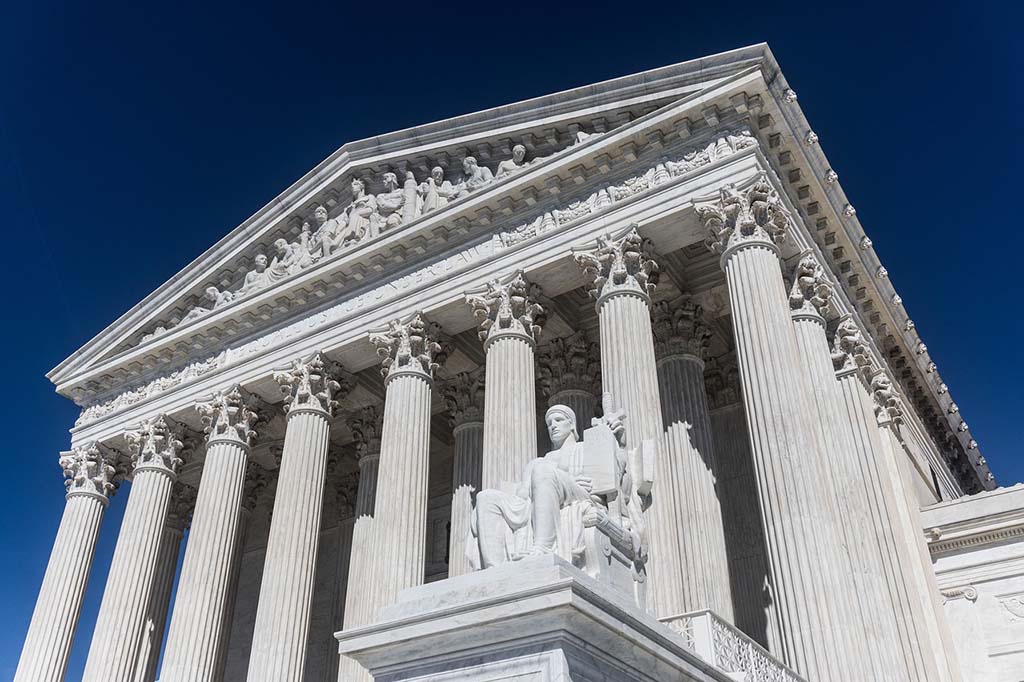Supreme Court To Hear Case That Could Weaken FCC
At issue is court deference to regulators’ subject matter expertise

The smarter way to stay on top of the multichannel video marketplace. Sign up below.
You are now subscribed
Your newsletter sign-up was successful
The Supreme Court has agreed to hear a case early next year that could impact how much regulatory discretion the FCC has over the communications industry.
The court agreed Friday to hear the case of Relentless Inc., et al. v. Dept. of Commerce, et al. The case is about a federal rule requiring fishing companies to pay for government monitoring of their herring catches.
The New Civil Liberties Alliance (NCLA) challenged the rule as beyond the regulatory scope Congress gave the U.S. Department of Commerce’s National Oceanic and Atmospheric Administration (NOAA) and its National Marine Fisheries Service (NOAA Fisheries), which implemented the rule.
While the case may be about fish monitors, it is also about the Chevron doctrine, which is a principle of administrative law that holds that courts should give deference to a regulatory agency’s subject matter expertise when it comes to interpreting unclear statutes.
The lack of clarity most germane to the communications industry is whether the Federal Communications Commission has the remit from Congress to decide whether broadband is a Title I information service, which is not subject to common carrier regulation, or a Title II telecommunications service, which is.
In the 2005 Brand X decision, which was about the classification of internet access service, the Supreme Court ruled that Chevron deference trumped an appeals court decision and that the appeals court should have given deference to the FCC's conclusion that internet access was an information service, not a telecom service subject to mandatory access.
The FCC argued in defending its original Open Internet Order that its authority to regulate ISPs as it did in the net neutrality rules stemmed from Chevron deference. ISPs disagreed.
The smarter way to stay on top of the multichannel video marketplace. Sign up below.
According to Ballotpedia, all nine Supreme Court justices have signed on to cases that call into question the doctrine.
“Our clients have persevered in this suit relentlessly, you might say, and we are eager to reverse the error of the lower courts and remove the unfair and unnecessary thumb on the scale for bureaucracy against citizens that Chevron deference inflicts on them when they face their government in court,” John Vecchione, senior litigation counsel for NCLA, said.
Contributing editor John Eggerton has been an editor and/or writer on media regulation, legislation and policy for over four decades, including covering the FCC, FTC, Congress, the major media trade associations, and the federal courts. In addition to Multichannel News and Broadcasting + Cable, his work has appeared in Radio World, TV Technology, TV Fax, This Week in Consumer Electronics, Variety and the Encyclopedia Britannica.

